SUPPLY CHAIN ACT
Advice for your company
/ OUR OFFER
SUPPLY CHAIN ACT
CONSULTATION
Companies are obliged to check their own business operations and their supply chain for human rights and environmental risks. Specifically, this concerns worker protection (e.g. child labour, forced labour, fair pay), the protection of livelihoods (e.g. soil degradation, air pollution), the production and use of environmentally hazardous substances (e.g. mercury or POPs) and the prohibition of exports of hazardous waste.
We advise and support you in the implementation – regardless of whether you are directly affected by the Supply Chain Act or supply a customer affected by the Act.
TERRA AS A STRONG PARTNER IN THE SUPPLY CHAIN ACT
Founded in 2010, the Terra Institute has been committed to supporting companies in their efforts to achieve sustainable business practices from the very beginning. We see ourselves as competence partners for innovation and sustainability and work together with companies, regions and individuals who want to make their contribution to the global change towards sustainability.
Our services range from consulting and coaching to facilitating and training, as well as developing workshops tailored to you, your status quo and your needs. We are also happy to actively support you in the implementation of the Supply Chain Act. Our many years of experience in sustainability consulting make us ideal companions for your business transformation.
What can Terra do for you in implementing the Supply Chain Duty of Care Act?
We work with you to identify where you are not yet complying with the necessary due diligence requirements (GAP analysis) and develop an action plan. We also bring transparency to your supply chain so that you can carry out the required risk analysis.
With the support of our competent team, which is well versed in all aspects of the Supply Chain Act, it is made much easier for affected companies to understand and concretely implement the requirements.
Even companies that are not directly covered by the Act will be audited as direct suppliers of an affected company in the area of risk analysis. Accordingly, even a company that is not directly affected must be able to transparently disclose the extent to which it complies with human rights and environmental criteria requirements.
HOW DO OUR CLIENTS BENEFIT FROM HELP WITH A SUPPLY CHAIN LAW CONSULTATION?
In light of this law and all future regulatory measures, it is beneficial to take a strategic and holistic view right from the start. This way, as a sustainability consultancy, we can work together with our clients to ensure due diligence and make the supply chain more sustainable, e.g. by recording CO2 emissions (Scope 3) or defining further environmental criteria.
We also keep abreast of other legislation that also affects the supply chain and its management, such as the EU’s Corporate Sustainability Reporting Directive (CSRD). This obliges companies to report publicly on their sustainability activities according to a specific standard and also covers the supply chain and human rights compliance. A combination makes sense and saves resources in the company.
The European Supply Chain Act (Corporate Sustainability Due Diligence Directive – CSDDD) adds more far-reaching environmental aspects for which we can already prepare companies in the best possible way so that they do not have to realign their strategy again. There will also be a link to the Paris Climate Agreement, meaning that companies will have to present a plan that shows how their business model and strategy are compatible with the transition to a sustainable economy and limiting global warming to 1.5 degrees. The law is currently awaiting a final vote by parliament, after which it must be converted into local legislation within 2 years. It affects companies with at least 1,000 employees and an annual global turnover of €450 million.
We also advise on the formulation of a climate strategy or the consideration of the entire value chain through the lens of the circular economy. As a result, companies can reposition themselves in the field of sustainability and gain a competitive advantage by strengthening their reputation. In the long term, investing in the future of supply chains will also lead to cost savings (e.g. by improving energy efficiency) and risk minimisation (e.g. value alliances with suppliers).

THE COMPANIES
WHO HAVE CHOSEN US
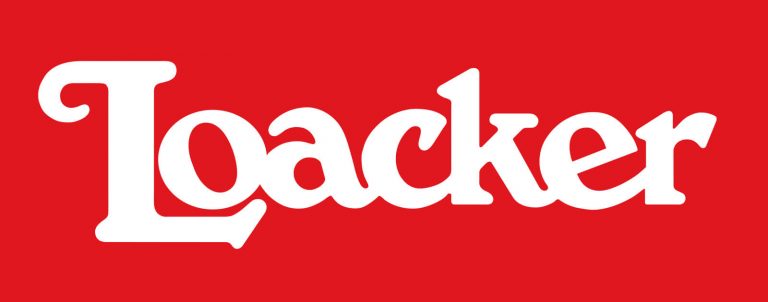



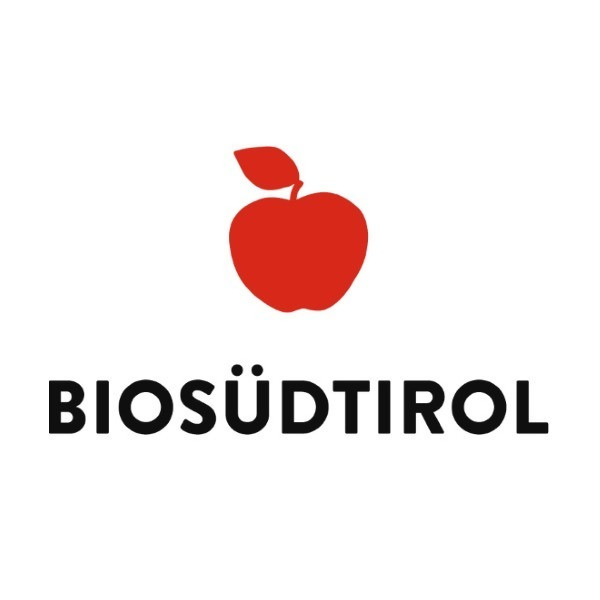
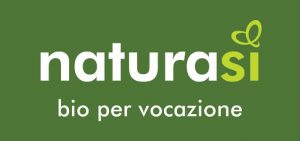

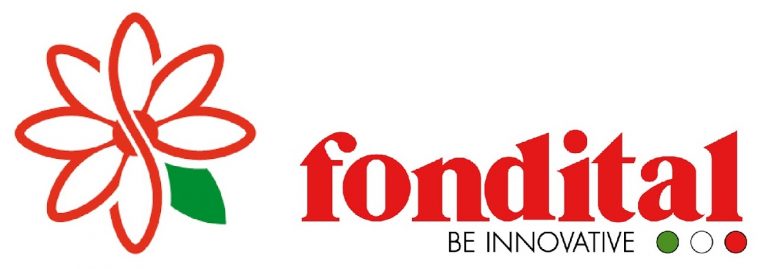

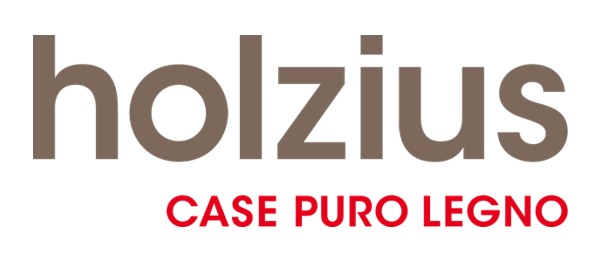

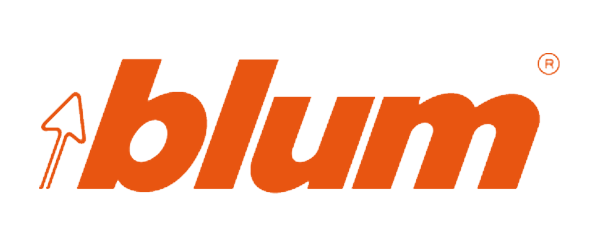



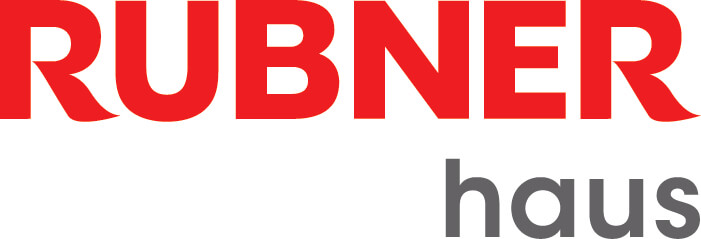

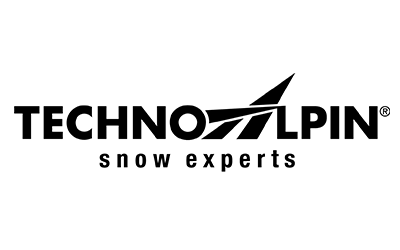

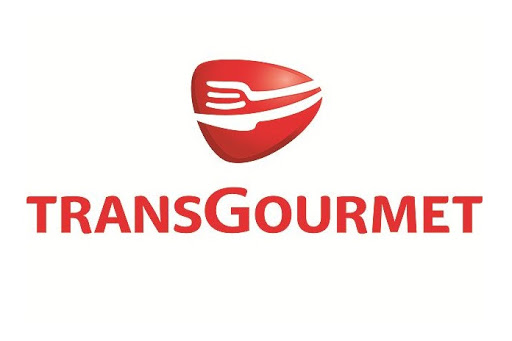

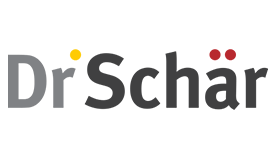
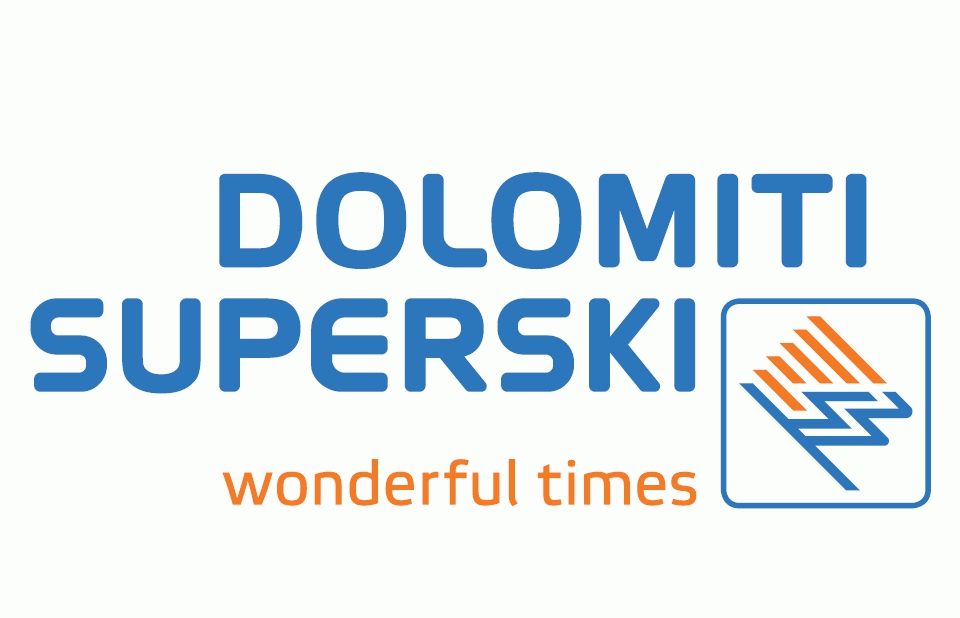
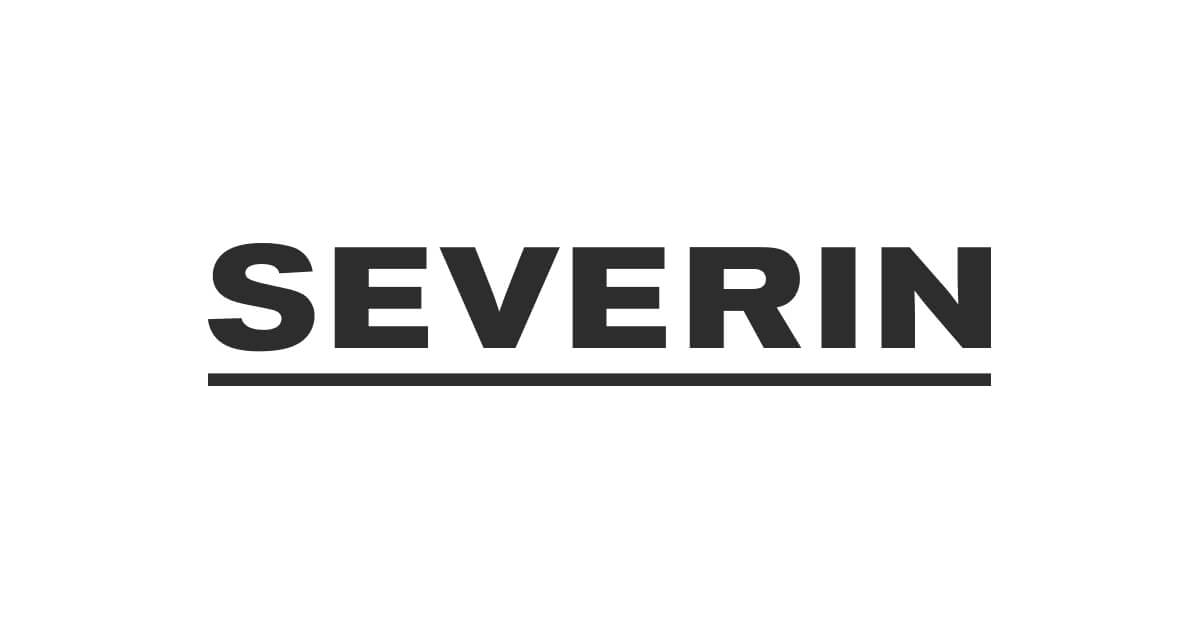



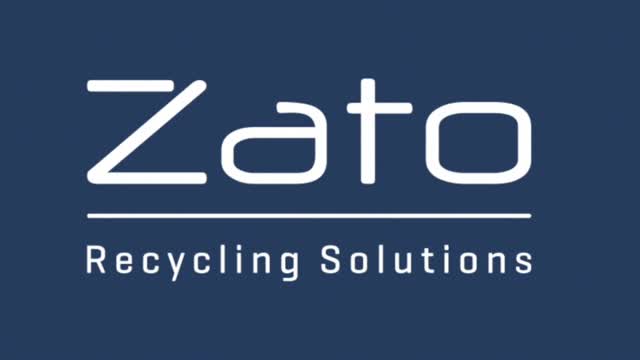
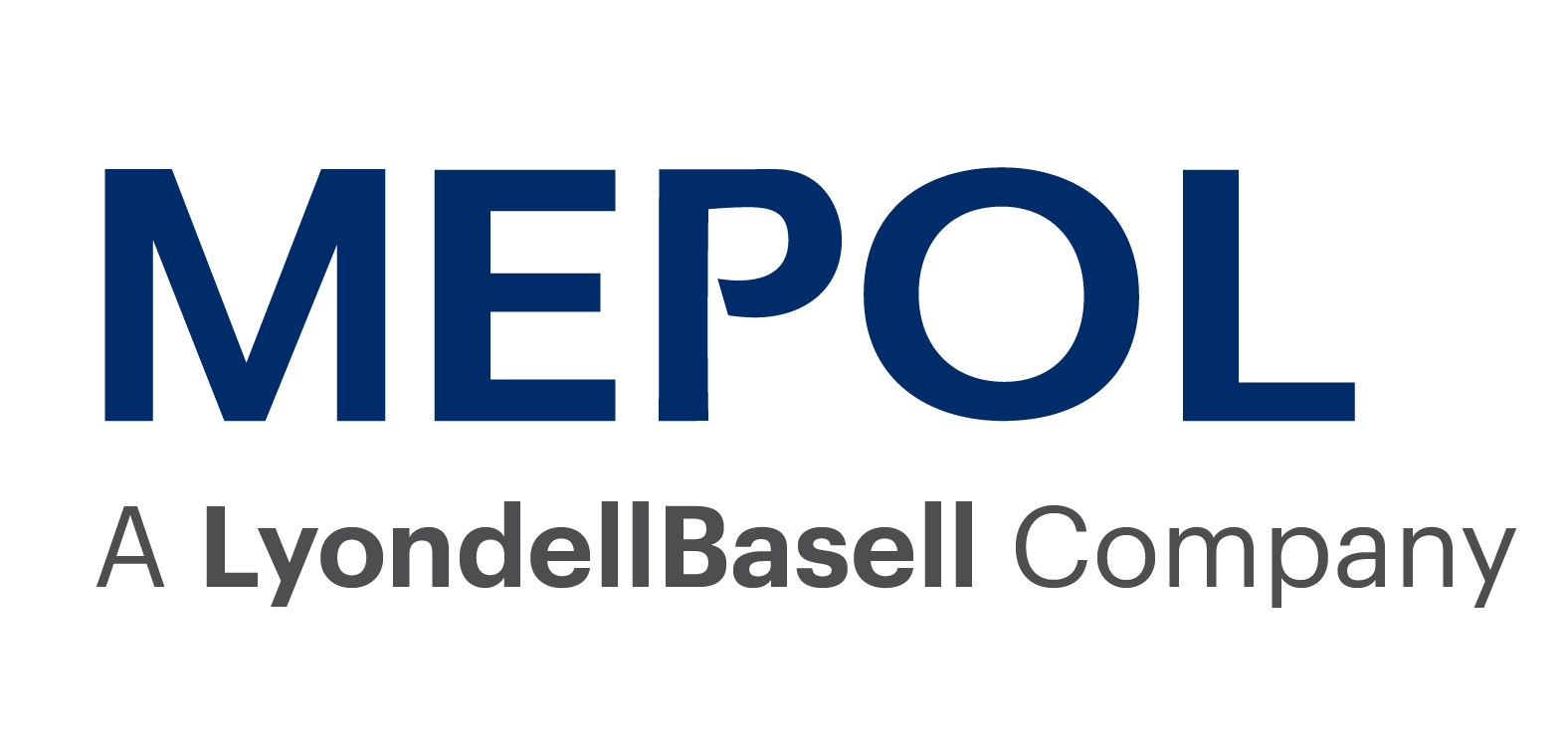

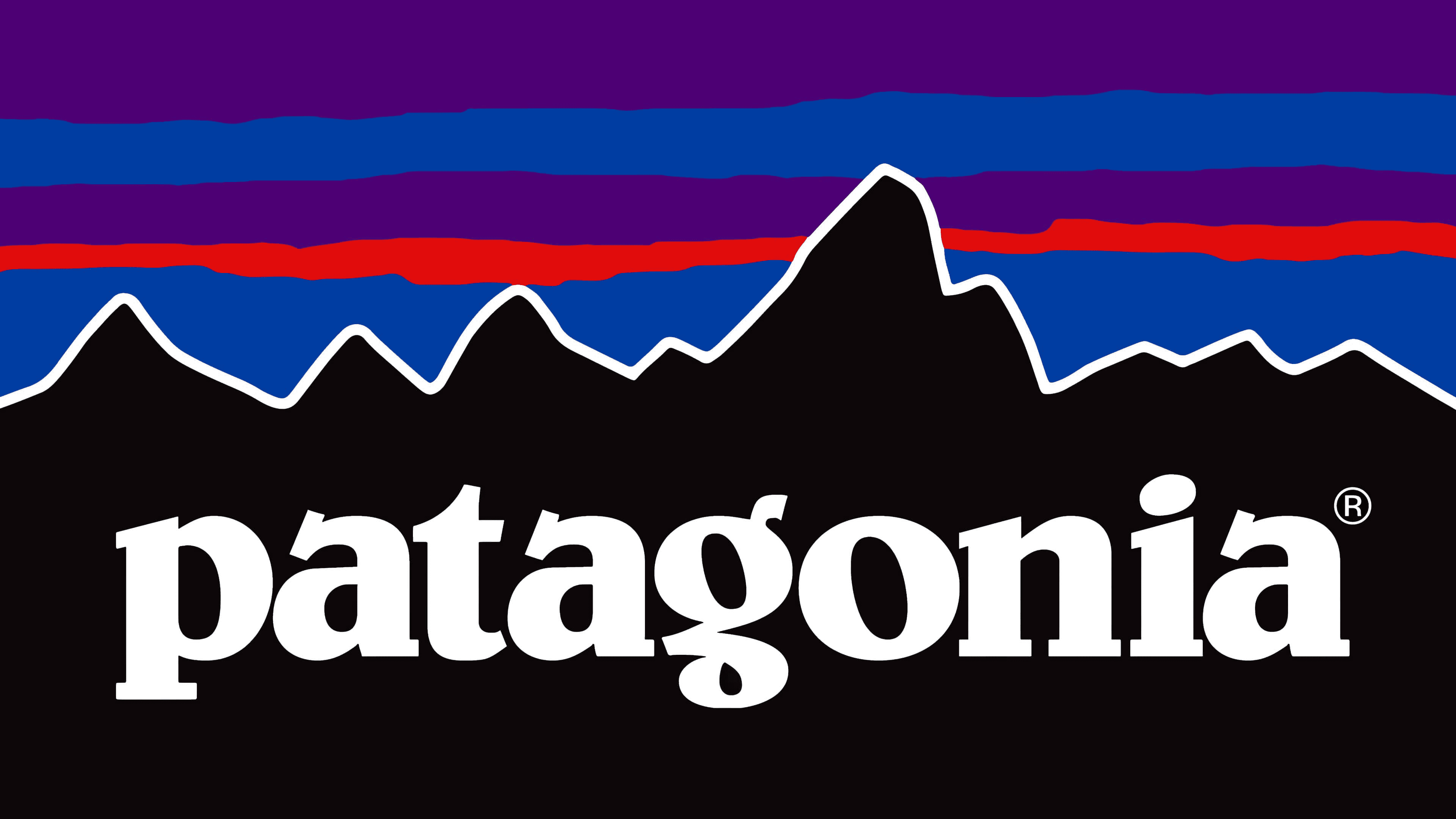

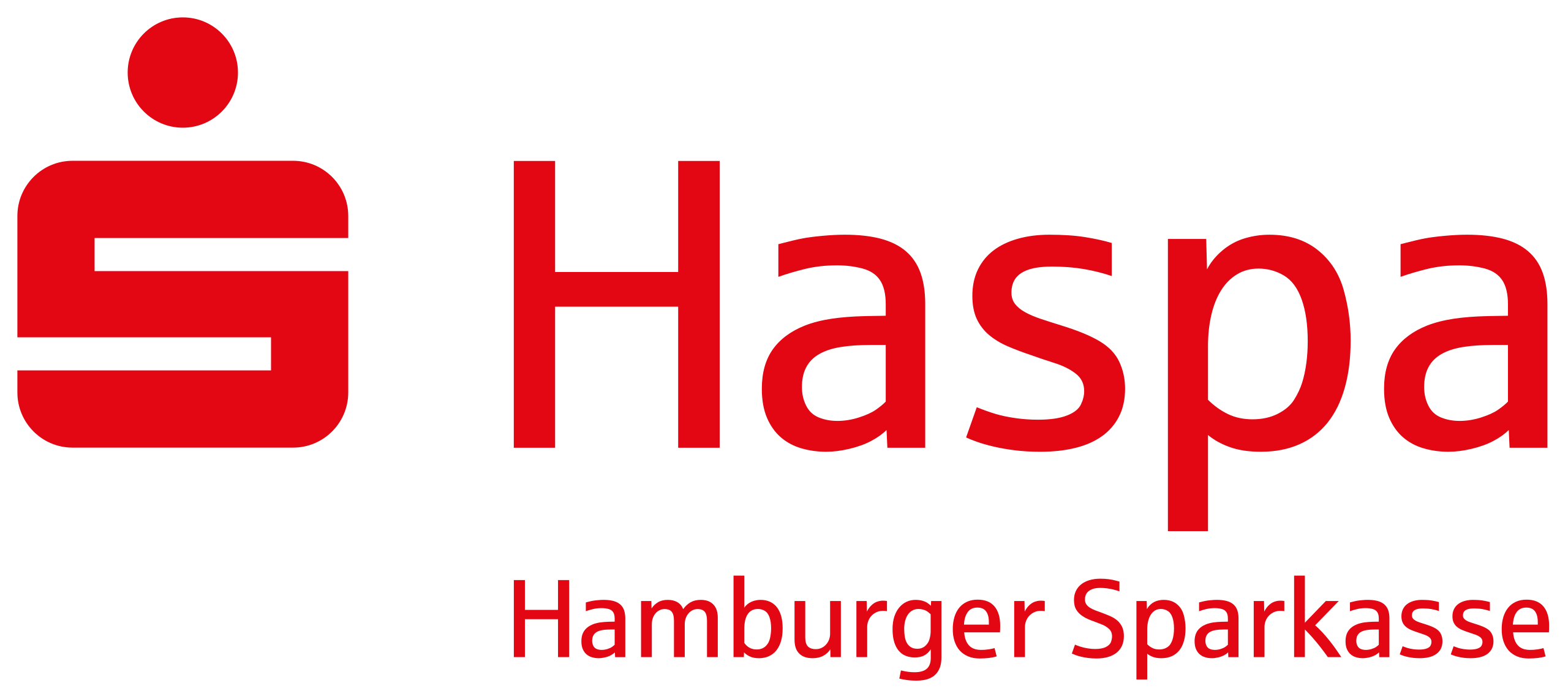

HOW DOES TERRA GO ABOUT CONSULTING?
Fundamentally, the following are the first four steps:
- Understand: Present the supply chain transparently, develop a basic understanding of a sustainable supply chain.
- Analyse: Identify due diligence obligations, analyse, assess and prioritise risks.
- Act: Anchor through effective measures, processes, structures and control mechanisms.
- Report: File credible sustainability reports
We advise companies in these different stages and thus enable you to implement the requirements in a sound manner.

Concrete measures, which our consultants will go through with you, can look as follows – here, even companies that are not affected by the Supply Chain Act per se can find orientation. This is also exciting for foreign companies, as an even more far-reaching draft law regulating sustainable supply chain management is soon to be passed at EU level.
- Establish a complaints management system
- Publish a policy statement (description of human rights strategy, code of conduct for employees and suppliers)
- Prepare a risk analysis (annual and ad hoc analysis of own business units and suppliers)
- Establish preventive measures (internal training, sustainable procurement strategies)
- Taking corrective action (if violations or breaches of the law exist)
Other questions that may be relevant as part of a holistic consultation process:
- How resilient are our supply chains with regard to current developments (global warming, weather extremes, pandemics, biodiversity loss, etc.)?
- How accurately have risks in our supply chain related to these issues been analysed so far?
- How reliable are the relationships with suppliers?
- Are these relationships sufficiently stable to be able to make changes together?
AT A GLANCE: SUMMARY SUPPLY CHAIN ACT FAQ
1. WHAT IS THE SUPPLY CHAIN ACT ACTUALLY?
2. WHEN DOES THE SUPPLY CHAIN ACT COME INTO FORCE?
The Supply Chain Act has been in force in Germany since 1 January 2023. This year, the EU is also set to adopt the broader Corporate Sustainability Due Diligence Directive (CSDDD). This European supply chain law goes beyond the proposal of the LkSG and is intended to affect the entire value chain and not just direct suppliers.
From 2027, companies in the EU with more than 5,000 employees and a net annual turnover of more than 1.5 billion euros could be affected, from 2028 companies with 3,000 employees and a net annual turnover of more than 900 million euros and from 2029 companies with 1,000 employees and a net annual turnover of more than 450 million euros.
3. WHO DOES THE SUPPLY CHAIN ACT AFFECT?
However, companies may also be affected that do not fall directly within the scope of application, but are active as suppliers to a company that falls under the above-mentioned requirements. However, these supplying companies cannot be affected by fines or legal requirements. If there are violations of the requirements of the Supply Chain Act in these directly supplying companies, the company must also take action here with regard to the respective point.
SUPPLY CHAIN LAW CONSULTING – OUR TEAM
Hans W. Steisslinger
 Hans W. Steisslinger, a chemist by training, has a broad knowledge of the natural sciences coupled with a systemic understanding of business as part of society and nature.
Hans W. Steisslinger, a chemist by training, has a broad knowledge of the natural sciences coupled with a systemic understanding of business as part of society and nature.
His work focuses on strategy development and implementation. He has personally screened various supply chains and audited suppliers on the ground in all parts of the world.
Sylvia Albrecht
 Her focus is on sustainable procurement and supply chain legislation (LkSG and CSDDD).
Her focus is on sustainable procurement and supply chain legislation (LkSG and CSDDD).
Through her operational work in procurement and as a consultant, she understands supply chains, knows the processes of sustainable supplier management, and the benefits of digitalisation in procurement.
Xenia Knorr
 Through her previous professional experience in a renowned political strategy consultancy, political scientist Xenia Knorr has a deep understanding of socio-political development and requirements.
Through her previous professional experience in a renowned political strategy consultancy, political scientist Xenia Knorr has a deep understanding of socio-political development and requirements.
With the help of circular solutions and the development of a circular economy, she wants to brew a bridge for companies to a way of doing business that enables the preservation of our livelihood.
Contacts
Do you have any questions or would you like our support on your way to becoming a sustainable company?
The easiest way to get in touch with us is here!
Please note our Privacy Policy and conditions.
Thank you very much! We look forward to receiving your message!
office@terra-institute.eu
Tel. +39 0472 970 484.
-

BRESSANONE HEADQUARTERS
Terra Institute Srl
Via Sant'Albuino 2
39042 Bressanone (BZ)
Italy
INNSBRUCK OFFICE AUSTRIA WESt
Maria Theresienstr. 34
6020 Innsbruck
Austria